Boletín Informativo de Chispa Marzo-Abril 2018
May 23, 2018
This year, all across the nation, Chispa has used our grassroots power to influence policy makers and pressure polluters to protect communities’ rights to clean air and water, healthy neighborhoods, and a safe climate.
We focused much of our effort on fighting for Clean Buses for Healthy Niños. Since we started this campaign in 2017, Chispa has helped drive conversations about the dangers that toxic diesel school buses pose to children’s health, and we’ve connected communities with a historic opportunity to make change. Across the country, we’ve called on decision makers to use the Volkswagen settlement funds for clean, electric school buses — more than 100,000 parents, students and supporters have signed petitions, hosted community meetings, testified at legislative hearings, passed local resolutions and rallied for cleaner school buses for our kids.
Governors have taken note and have begun allocating Volkswagen funds to replace school buses in highly impacted communities, and we’re seeing partners celebrate the announcements of exciting electric school bus pilot programs and targeted allocations. But there is still more to be done — our teams are helping local school districts in low-income and communities of color apply for allocated funds directly. And where Volkswagen Mitigation Plans haven’t gone far enough to invest in electric school buses, we will continue to hold governors and governors-elect accountable.
Here are this year’s Chispa highlights from all across the country:

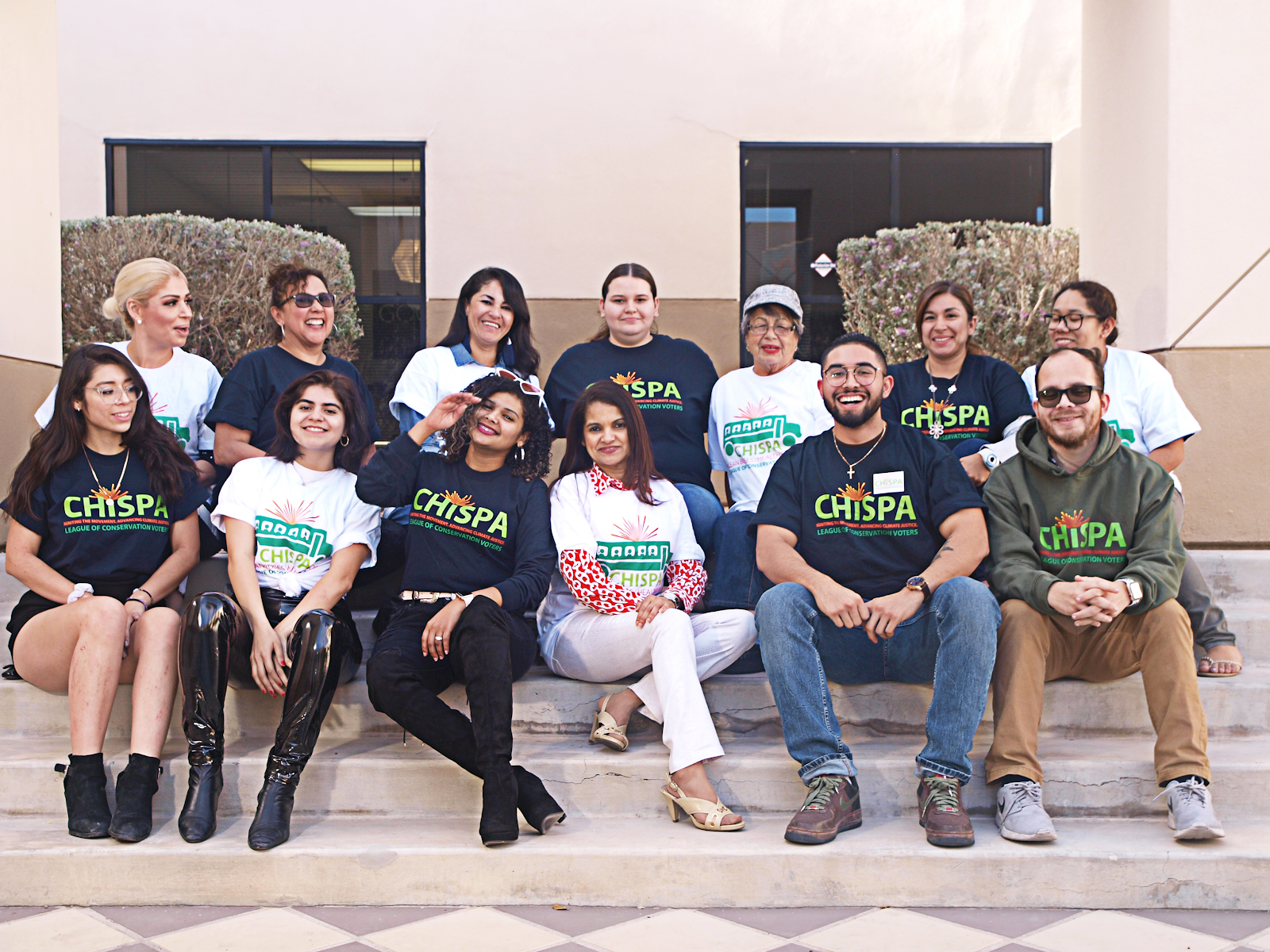
Chispa Nevada, as part of its nonpartisan civic engagement program, worked to register and turnout Latino voters, who make up nearly 30 percent of Nevada’s population. Chispa Nevada’s promotores showed immense leadership, making more than 39,000 calls urging Latinos to vote. During these get-out-the-vote shifts, Chispa Nevada had special guests like America Ferrera stop by to energize volunteers and promotores.
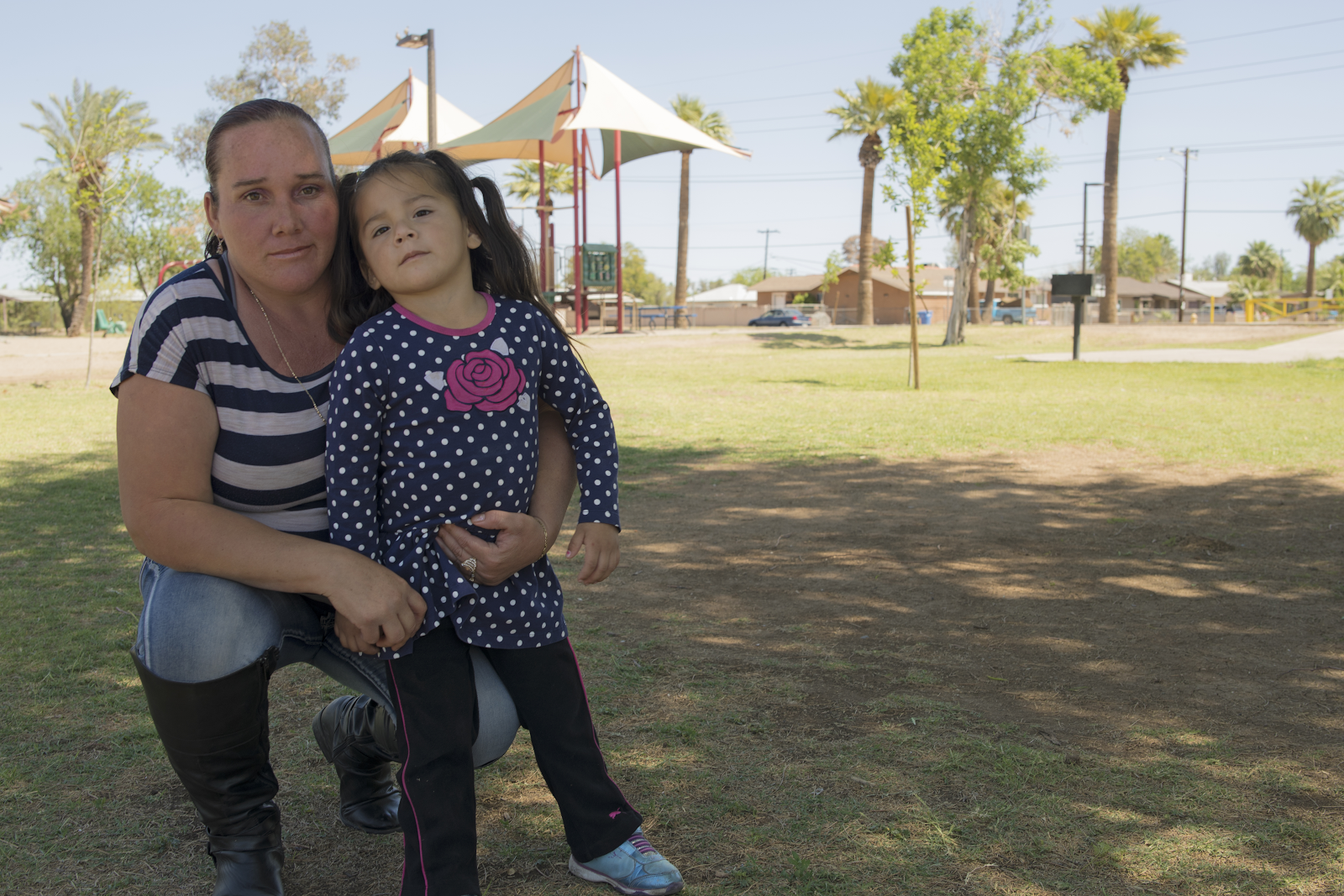
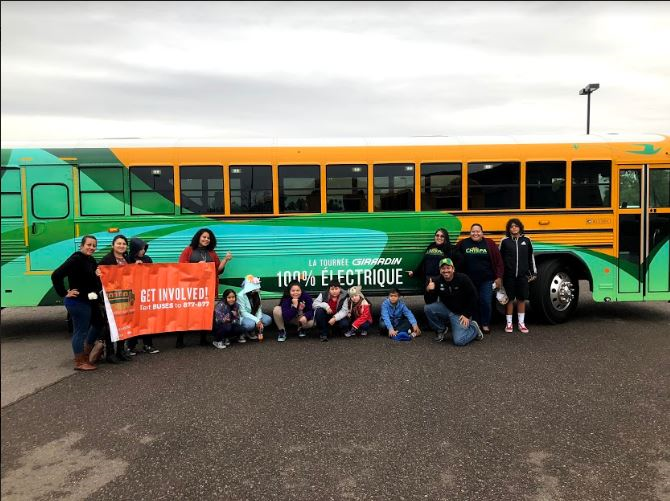
Chispa Arizona joined the fight to ensure public lands are more inclusive of and accessible to all communities. Chispa Arizona authored “Parks for the People,” a report centering the Latinx experience in the fight for public lands and for a more just, relatable environmental movement. Working with local and state partners, Chispa Arizona then launched a localized campaign to save the Land and Water Conservation Fund and to raise awareness of such critical programs within Latinx communities, who are eager for cleaner, quality open spaces. During the 2018 elections, Chispa Arizona volunteers also knocked on more than 30,000 doors in Tucson helping to pass Proposition 407, which will invest more than $225 million into local parks and trails.

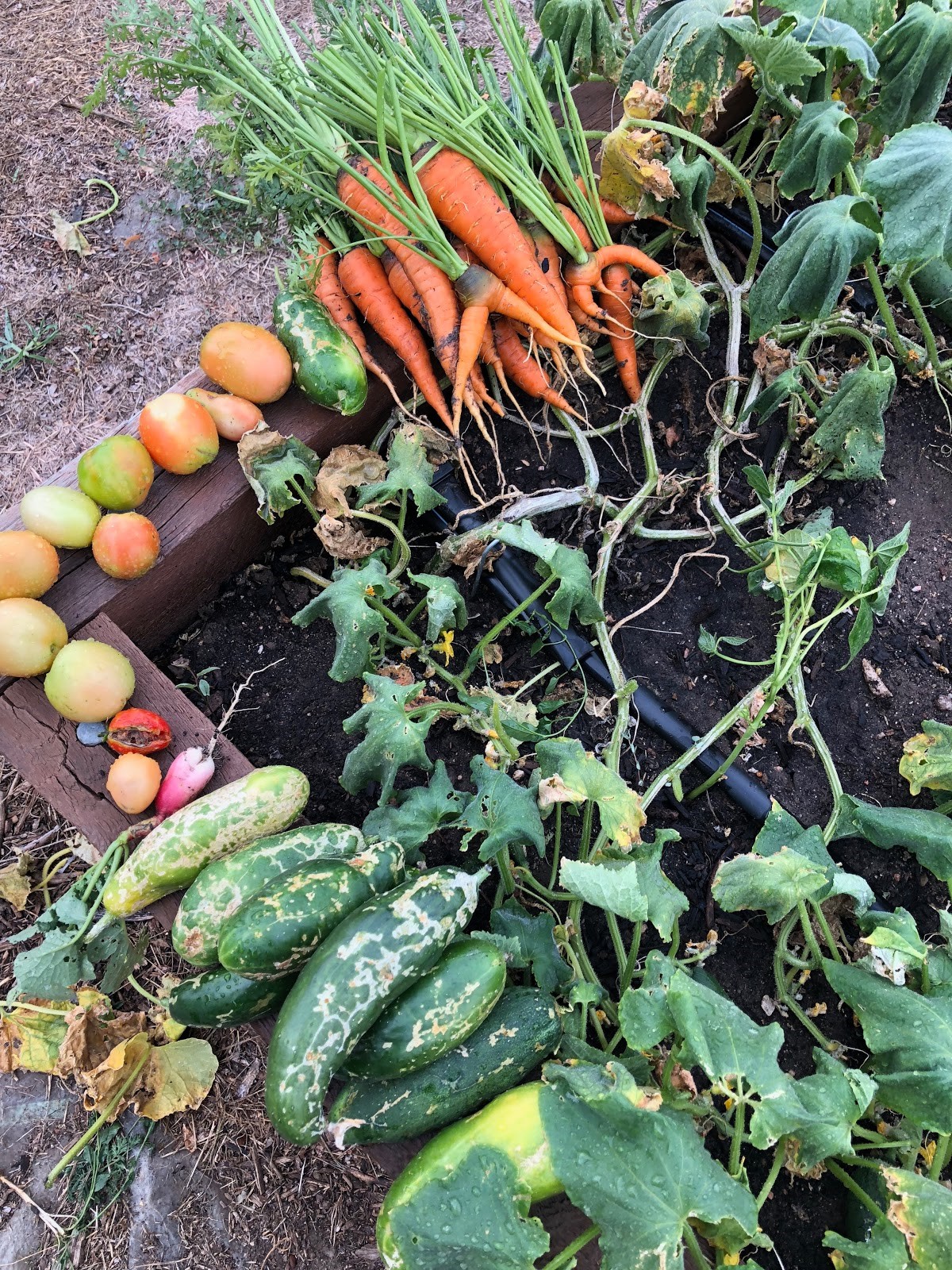
Colorado’s Protegete continued to build local leadership and power within Latino communities. After organizing a back-to-school seminar and backpack giveaway for 40 low-income families, Protegete recruited more than a dozen promotores who wanted to make change happen in their neighborhoods. The promotores joined an existing project to open a community garden and, with the help of local partners, opened the garden this year. Protegete promotores continue to be involved with the garden and are now taking a more active role in their communities, speaking on panels, writing letters to elected officials, and helping educate and mobilize other voters within their neighborhoods.
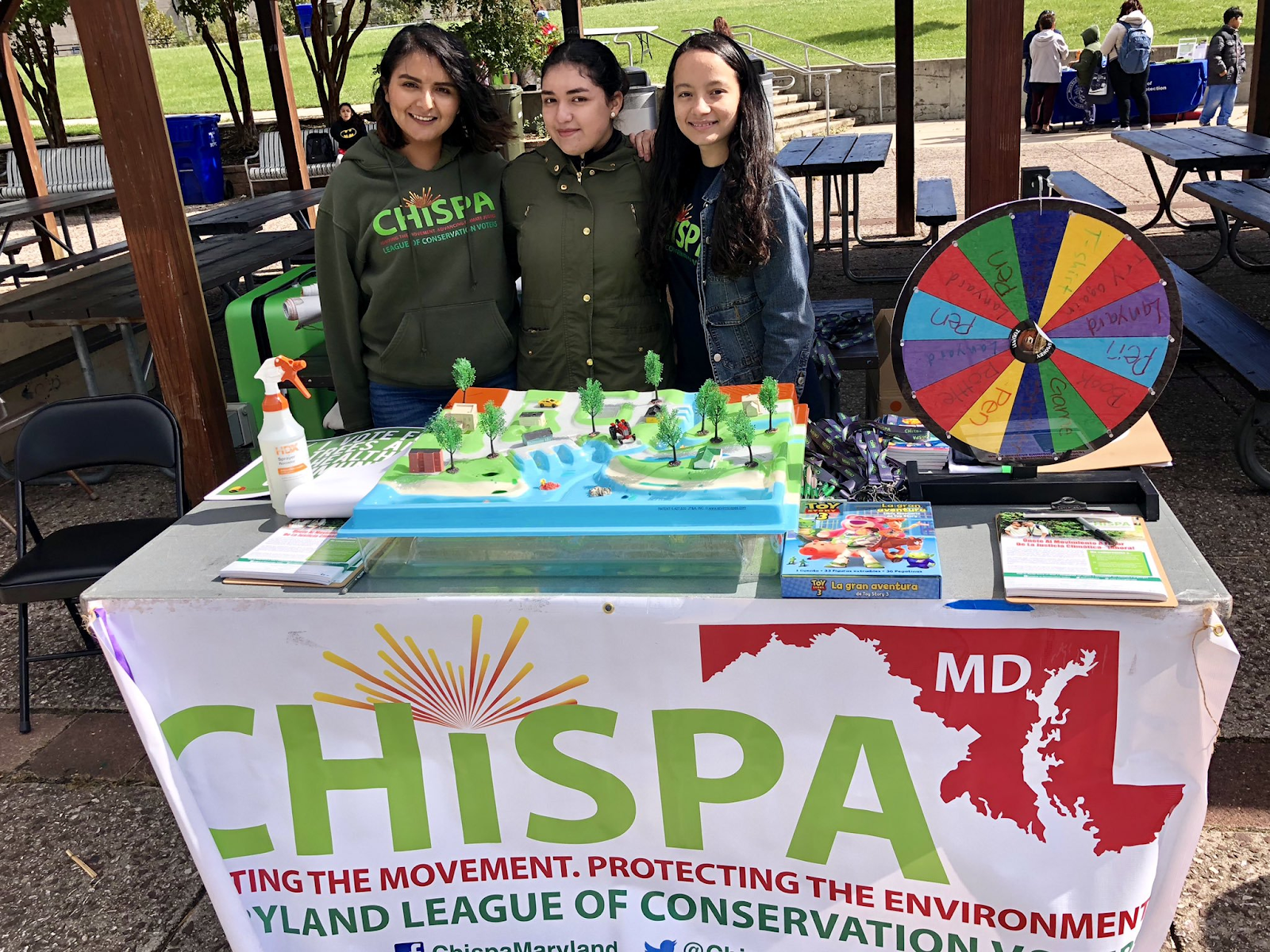
Chispa Maryland also worked to amplify decision making within local communities of color. The third annual Festival del Rio brought together more than 500 people and 30 exhibitors to connect Latinxs with local environmental organizations and issues. As one of the founders of Festival del Rio, Chispa Maryland organizes the yearly event to help communities of color learn more about local environmental issues, identify solutions, and join with others looking to address similar problems. Promotores and organizers are key to organizing the festival and will continue growing this community event to celebrate Latinxs’ connection to the natural environment.
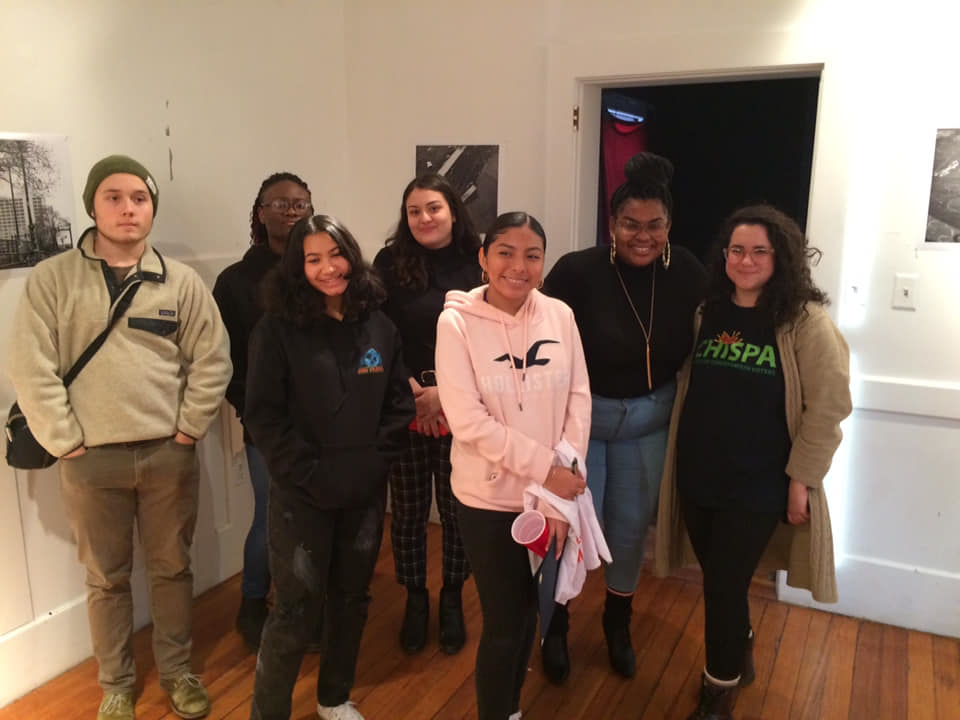

Chispa Connecticut began an innovative program to help bring more community leaders into the conservation movement. Organizers created a training program for youth that combines organizing skills-building with the basics of film photography. Students not only learned how to organize their neighbors, they also used photography as a lens to analyze and illustrate the impact of environmental pollution on Connecticut’s communities of color. As Chispa Connecticut continues its work tackling environmental justice issues — such as joining university student groups in advocating for a just recovery for Puerto Rico — they are looking for new ways to demonstrate to promotores and volunteers the urgency and importance of organizing.
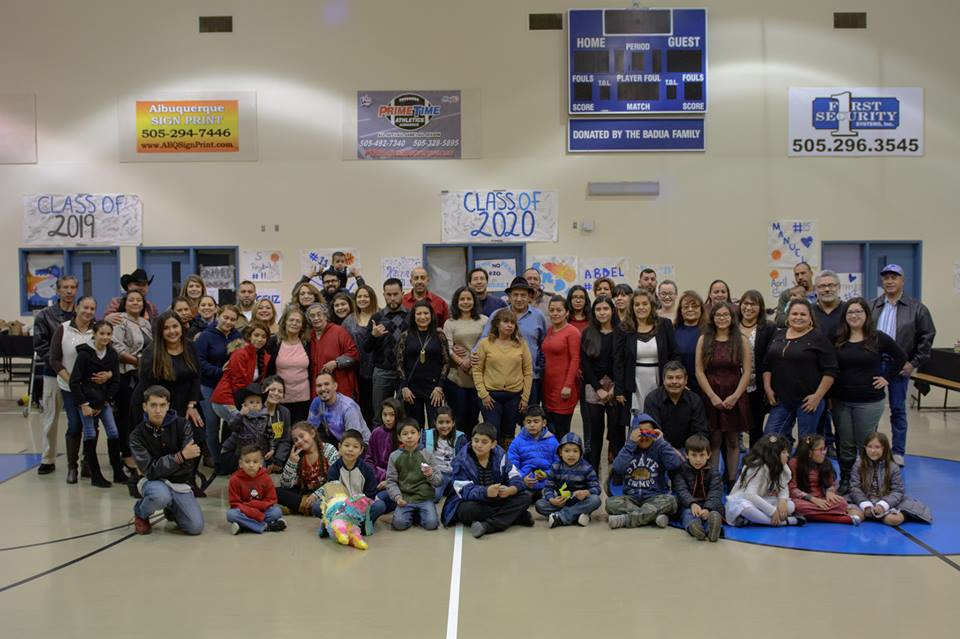
Juntos: Our Air, Our Water in New Mexico has also taken on youth outreach, educating middle school students on environmental racism by touring specific examples of injustices within their communities. Along with the SouthWest Organizing Project, Juntos is helping staff at Washington Middle School develop an environmental justice curriculum that will continue this long-term education. Juntos has also been working with Together for Brothers (T4B) to participate in the Lots of Interesting Things (LIT) summit at another middle school. Our movement can’t grow without bringing the next generation to the table, and Juntos understands that engaging youth of color will add more voices speaking for our communities.
***
We’re excited to take on the next phases of this work, especially as we begin 2019 with a full national team. Astrid, Fernando, Johana, Julie and Pita bring decades of organizing and communications experience to the national Chispa team and are hitting the ground running. Together with our partners across the country, we’ll work every day to build the power of communities of color and secure our families’ access to a clean, healthy, and sustainable environment for generations to come.